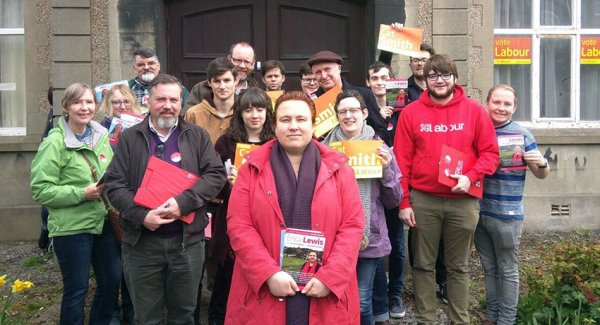As a new County Councillor elected in May this year, it’s disappointing to read that progress towards gender equality on UK councils has stalled. But what is more disappointing is that while the data and context within the report are new, most of the strategies put forward are not.
This is not to say that the recommendations don’t point to work that needs to be done, rather to acknowledge that they draw from a well-established field of research. The real finding of this report is the reluctance of those in power to take the action they need to achieve equality. Again, not an entirely new observation.
The real finding of this report is the reluctance of those in power to take the action they need to achieve equality.
We have good research evidence to know what works to increase the numbers of women in elected office – quotas. Similarly, we know how to address many of the cultural and structural barriers that face women, people with disabilities, and people from minority ethnic backgrounds. What we seemingly lack is the will to do so.
In some ways it is easy to see how a focus on councils has not previously been established, despite the billions of pounds spent on community services, and the over 1 million staff they employ. Much of the work about women in leadership over many decades has been focused on big corporate boards, and parliaments, because people thought that was where big change could be made.
But if councils can fall behind the change being made in parliament, it would seem that just like in economics, we can’t rely on the trickle-down theory. We need to ensure that we are focusing on strengthening women’s leadership in all the structures of our community, from grassroots, to dizzying heights.

Author Erica Lewis, centre, and local volunteers speak to Lancaster residents prior to her election to County Council.
The recommendations in the report are in many ways common sense, but without political will and organisational commitment, little progress will be made. The prospect of co-ordinating across parties, and hundreds of councils is formidable. But it is well time that it was done.
Without political will and organisational commitment, little progress will be made.
It may come as a surprise to readers in Australia, but the Local Government Association (LGA) in England and Wales doesn’t maintain a women’s network, for anyone other than members of cabinet. And unless I’ve just not found it yet, there isn’t an equivalent to the Australian Local Government Women’s Association.
It is heartening to hear that the Fawcett Society and the LGiU are committed to setting up regional networks of officers and councillors, and I will look forward to the opportunity to participate in one established in the north-west. But I do wonder why the report doesn’t call on the LGA to undertake this work?




